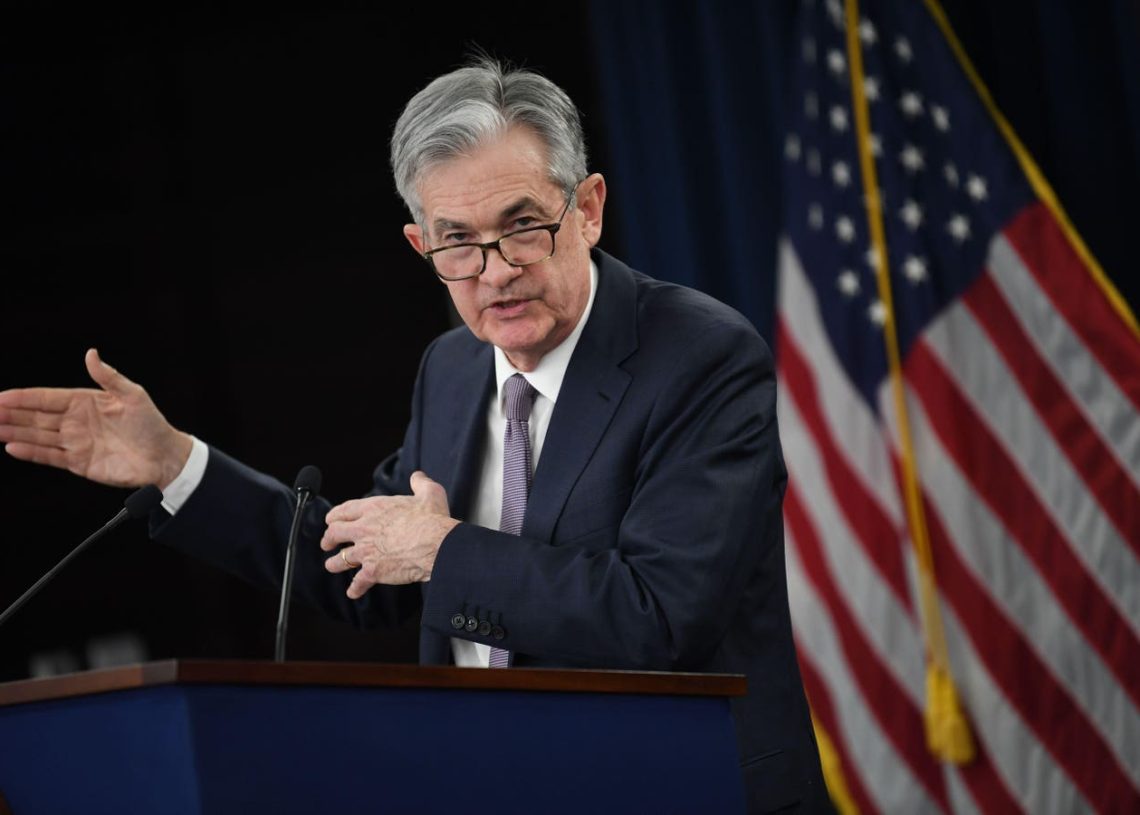Someone pointed to an interesting 2017 paper written for the Hutchins Center on Fiscal & Monetary Policy at the Brookings Institution by Daniel Tarullo, former Federal Reserve Board governor and a professor of international financial regulatory practice at Harvard Law School.
Although not an expert in macroeconomics, during his time at the Fed, he learned a lot, with tutelage from then-Chair Ben Bernanke on Saturday mornings. Tarullo noted two issues he observed about how professionals at the Fed, and by extension many economists, work.
While the paper is six years old, the questions Tarullo brought up are still important and likely continue to affect how the institution works today while trying to manage monetary policy, which has a direct impact on everyone, large and small.
The first point is that while the Fed’s strategies are supposed to focus on two main metrics — “maximum employment” and “stable prices,” that is low unemployment and about 2% inflation — they effectively set policy by focusing on things they can’t see at the time.
The pandemic offers a strong example of this observation. When a large event hits the economy, employment and prices may be in a positive position. But the Fed has to estimate what the impact of the event on both will be in the near future. Some aspects are impossible to measure at the time because the data always lags. As Tarullo mentioned, productivity growth and personal savings rates are observable, in that they can be calculated. But there are likely mistakes inaccuracies in the data — and something he didn’t mention but would fit in, which is that the data always come out after the fact, so the basis of decisions are a month or maybe a quarter in the past. It’s like driving looking in the rearview mirror. You may have some hard data, but you’ve moved beyond that point in time, which doesn’t tell you whether a truck is now running a red light in heading into your path.
Then there are the factors that can’t be observed, such as potential GDP growth (growth the economy would if operating at a stable inflation rate and full employment) or what is called the “natural rate” of unemployment, meaning what is the level of unemployment that will result from economic forces.
Thinking of the pandemic that postdates the paper provides an obvious example. Look at how long the Fed insisted that rising inflation was only temporary, until the officials finally admitted that they had miscalculated and that they needed to raise interest rates so quickly that it caused all sort of problems, like the failure of multiple banks and shock waves through the commercial real estate market.
All that leads to his second point: “The sociological point is that many (though certainly not all) good monetary policymakers who were formally trained as such have an almost instinctual attachment to some of those problematic concepts and hard-to-estimate variables.”
This is clear when discussing concepts like the Phillips Curve, that supposedly correlates employment and inflation, but which has been of highly questionable value given how far off the expectations can be from reality. It’s an example of how economists will see something in often simplified data and then assume they have observed natural law.
Once introduced in professional and then academic circles, the sociological point, as one might take it, would mean these concepts become almost points of faith. Once introduced, they can keep in force for decades, whether they desire it or not.
The result is discordant, as the Fed tries to project an image of omniscience that shows cracks as most of the country feels ever less confident that anyone knows how to improve the economy so it works for them.
Read the full article here









